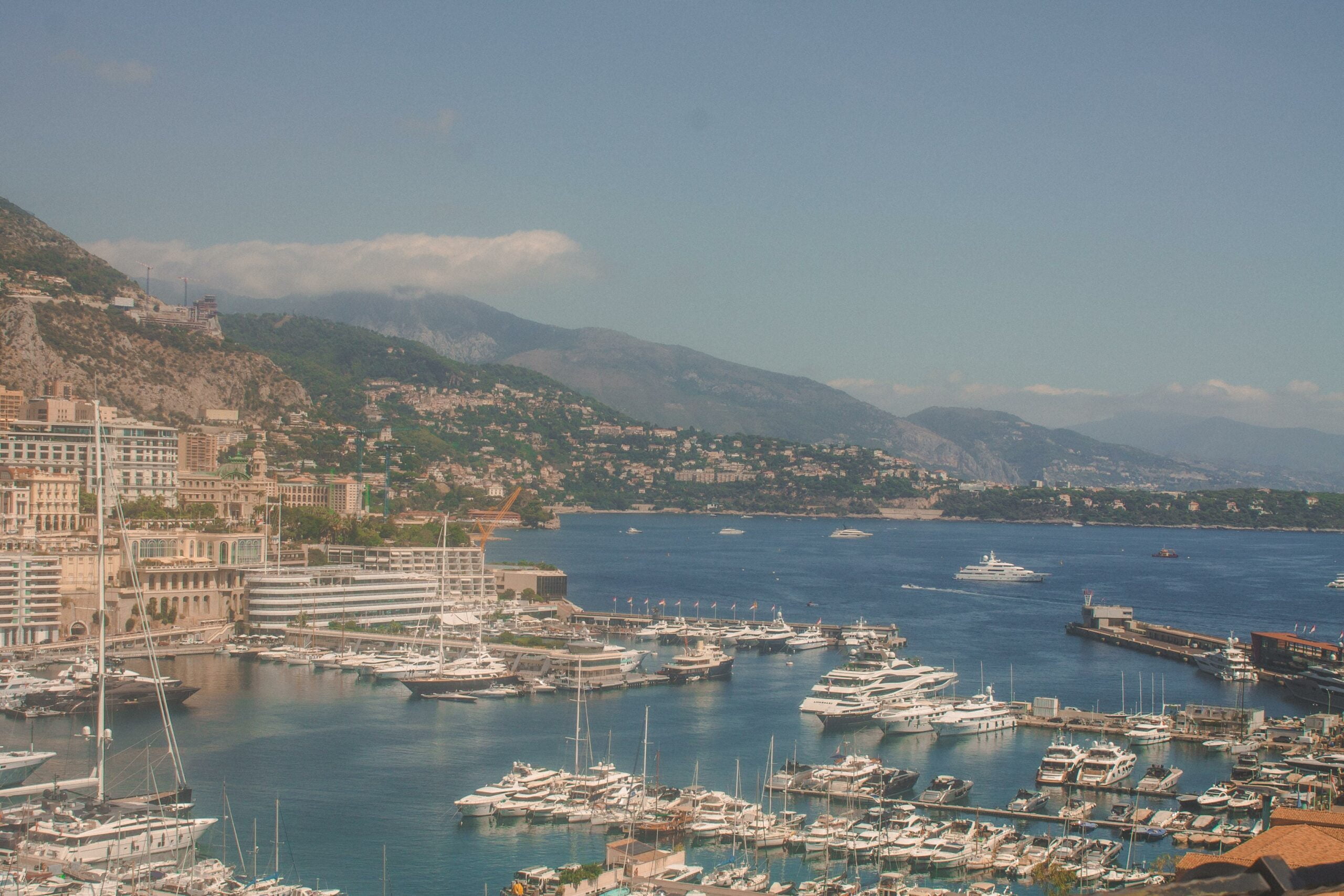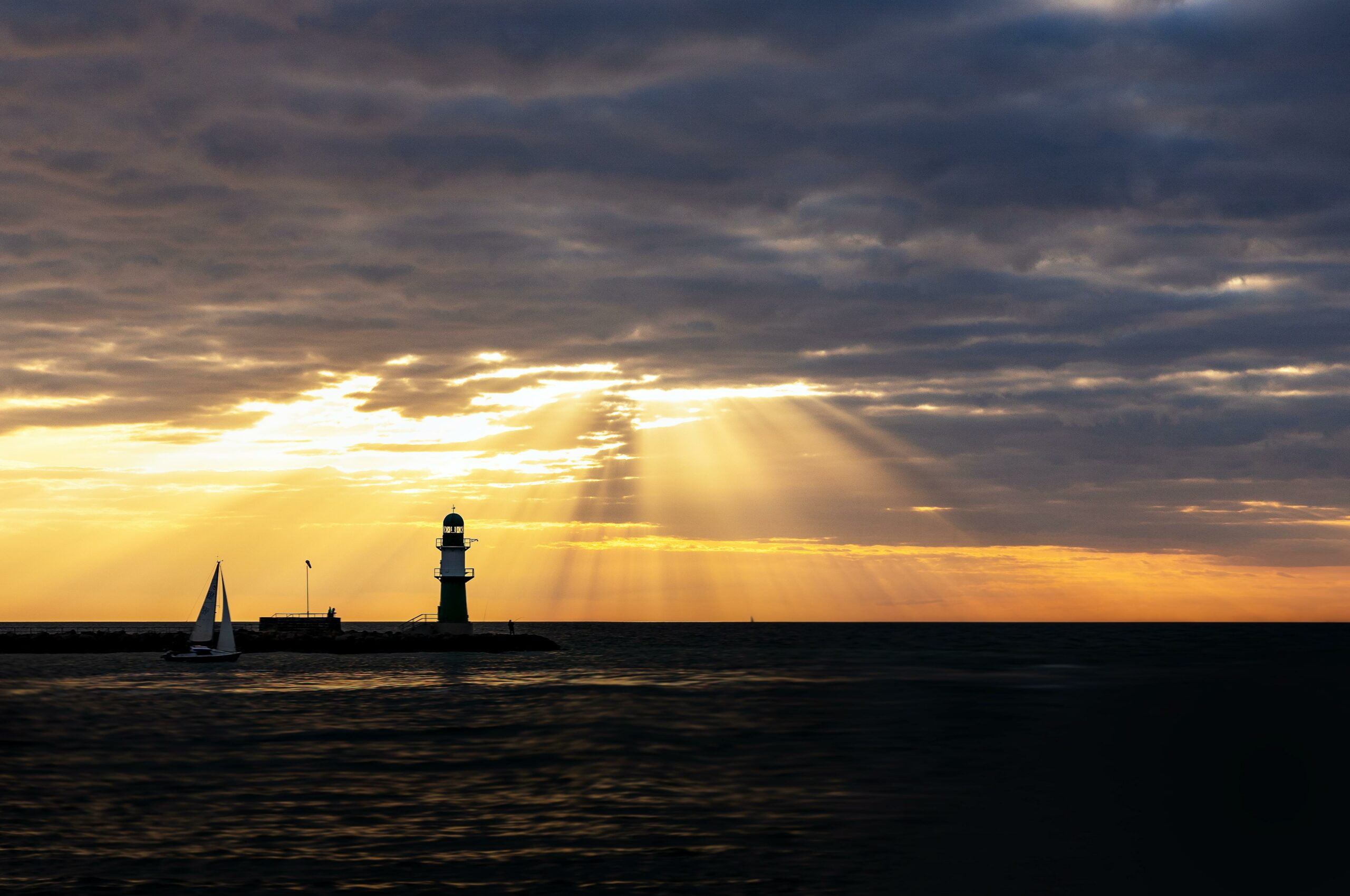Are you ready to embark on a journey through the depths of history and uncover mesmerizing tales of the sea? In this article, we delve into the captivating realm of maritime history facts, where hidden treasures of forgotten stories await discovery. Join me as we explore the rich tapestry of exploration, trade, and naval warfare that has shaped our world. From daring voyages to legendary battles, we will unearth the untold secrets that have shaped our maritime heritage. So fasten your seatbelts, or should I say, tighten your sailor’s knots, as we set sail and navigate the vast ocean of forgotten maritime history together.

Maritime History Facts
Maritime history is a captivating field that offers a wealth of intriguing facts about human interaction with the sea throughout the ages. Let’s dive into some lesser-known maritime history facts that shed light on the untold stories of our seafaring past.
Early Methods of Navigation
In ancient times, our ancestors relied on primitive yet effective methods of navigation. Did you know that people used their hands to paddle along in boats instead of using oars? It’s fascinating to think about how early sailors maneuvered their vessels using nothing but their own strength. Additionally, they moved rafts by pushing poles against the bottom of rivers, a technique that demonstrates their resourcefulness and adaptability to different water environments. These early navigation methods laid the foundation for the development of more sophisticated navigation techniques throughout maritime history.
“From hand-paddling to pole-pushing, early sailors displayed remarkable ingenuity in navigating the waters. These humble beginnings shaped the course of maritime history as we know it today.”
Whaling: An Ancient and Controversial Practice
One aspect of maritime history that often sparks both fascination and controversy is whaling. Ancient societies, such as the Inuit and indigenous peoples of the Pacific Islands, engaged in whaling long before it became an industrial practice. They relied on whales for essential resources such as food, bone, and blubber. The practice of whaling evolved over time, leading to the emergence of large-scale commercial whaling in the 17th century.
However, the industrialization of whaling had devastating consequences for whale populations, and conservation efforts were eventually implemented to protect these magnificent creatures. Today, whaling continues to be a contentious topic, reflecting the complex relationship between human societies, maritime resources, and conservation.
“Whaling showcases the intricate interplay between human needs, cultural practices, and environmental impact. It serves as a reminder of the delicate balance we must strike in our interactions with the maritime world.”
Naval Warfare: The Art of Strategy and Innovation
When it comes to maritime history, naval warfare holds a prominent place in many captivating narratives. Dating back to ancient times, naval battles played a crucial role in shaping the course of history. From the epic clashes between the Greek city-states in the Mediterranean to the epic battles of the Age of Sail, naval warfare became a theater where tactics, strategy, and technology merged.
Among the noteworthy naval innovations, did you know that the introduction of cannons revolutionized naval warfare? The ability to launch powerful projectiles from ships enabled commanders to engage in long-range combat and transform the dynamics of naval battles. This technological advancement necessitated the development of stronger and more maneuverable ships to withstand the newfound destructive power.
“Naval warfare serves as a testament to human ingenuity and the constant quest for strategic advantage. It unveils a thrilling saga of innovation, tactics, and the pursuit of dominance on the high seas.”
Cultural Exchange and Global Trade
Maritime history also reveals the significant role of cultural exchange and global trade in shaping societies around the world. As civilizations interacted through maritime routes, a vibrant exchange of goods, ideas, and traditions took place. Famed historical figures like Marco Polo and Zheng He embarked on daring voyages that opened up new worlds and connected societies in unprecedented ways.
The maritime Silk Road, for instance, facilitated the exchange of commodities, such as silk, spices, and precious metals, between the East and the West. These journeys not only transformed economies but also fostered cultural diffusion and the exchange of knowledge and religions. The impact of this interconnectedness can still be felt today, as our modern world reflects the outcomes of these maritime exchanges.
“Maritime history showcases the power of human interaction and the transformative effects of global trade. It highlights the incredible capacity of the sea to bridge continents and shape the destiny of civilizations.”
In conclusion, delving into maritime history facts reveals a captivating world of untold stories and forgotten knowledge. From early navigation techniques to the complex dynamics of naval warfare and the transformative power of cultural exchange, maritime history provides endless avenues for exploration and discovery. So let us embark on this voyage together, unraveling the maritime history facts that unlock the secrets of our seafaring past.
(Note: Table of maritime history facts can be inserted here in markdown format if desired)
Ships have always fascinated people with their immense size and remarkable capabilities. From ancient vessels carved out of tree trunks to modern cruise ships that can carry thousands of passengers, the history and intricacies of ships are truly captivating. If you’re curious to learn more about these incredible marvels of engineering and navigation, check out our collection of interesting facts about ships. You’ll be amazed by the stories behind famous shipwrecks, the secrets of maritime superstitions, and the remarkable feats accomplished by sailors throughout history. So, what are you waiting for? Click here to explore the fascinating world of ships: interesting facts about ships. Dive into the depths of nautical knowledge and become an expert on all things ship-related.
FAQ
Question 1
What is maritime history?
Answer 1
Maritime history is a field of study that explores human interaction and activity at sea, including topics such as exploration, trade, naval warfare, migration, and cultural exchange. It also examines the development of maritime technology and its impact on societies worldwide.
Question 2
What is the scope of maritime history?
Answer 2
Maritime history can span from ancient times to the present day and can have a global, regional, or national focus. It includes various disciplines such as fishing, whaling, international maritime law, naval history, ship design, shipbuilding, history of navigation, and more.
Question 3
What are some lesser-known facts about maritime history?
Answer 3
Maritime history uncovers a myriad of lesser-known facts, including ancient boat propulsion methods, such as using hands to paddle and pushing rafts with poles against the river bottom. It also reveals intriguing details about maritime exploration, trade routes, cultural exchanges, and the stories behind specific naval battles.
Question 4
What does maritime history teach us about human interactions with the sea?
Answer 4
Maritime history provides valuable insights into human interactions with the sea throughout history. It reveals how societies have relied on the oceans, seas, and major waterways for exploration, trade, warfare, and migration. It also sheds light on the development of maritime technology and its impact on the social, economic, and cultural aspects of civilizations.
Question 5
Which publications are recommended for studying maritime history?
Answer 5
Historians from around the world have published monographs, articles, and archival resources on maritime history. The International Journal of Maritime History is a leading journal in the field that offers a wealth of research, analysis, and scholarly discussions on various aspects of maritime history.
- Crypto Quotes’ Red Flags: Avoid Costly Mistakes - June 30, 2025
- Unlock Inspirational Crypto Quotes: Future Predictions - June 30, 2025
- Famous Bitcoin Quotes: A Deep Dive into Crypto’s History - June 30, 2025
















